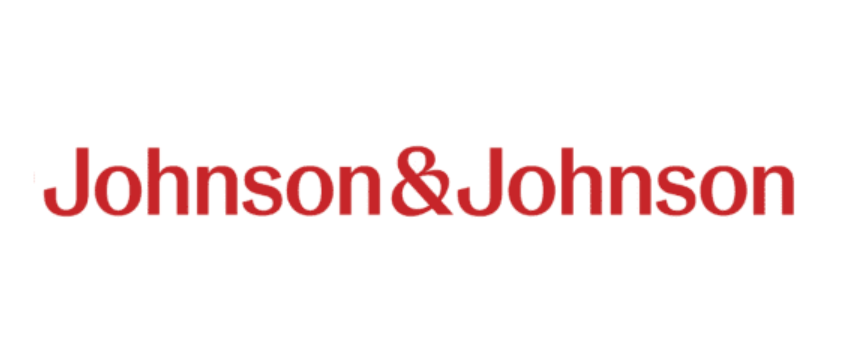This report urgently addresses the vulnerabilities faced by Indigenous women, girls, and 2SLGBTQQIA+ individuals in Canada, echoing concerns raised in the Reclaiming Power and Place (RPP) report arising from the National Inquiry into Missing and Murdered Indigenous Women and Girls (MMIWG). Highlighting systemic issues affecting First Nations, Inuit, and Métis communities, the report responds to Call for Justice 4.8, emphasizing the critical need for safe and sustainable transportation in rural and remote areas. Limited mobility hinders access to essential services, social supports, education, and employment opportunities which fosters intergenerational poverty. Recommendations advocate for comprehensive, community-led approaches rooted in self-determination, focusing on culturally appropriate, safe, and sustainable initiatives that empower FN communities and address the root causes of violence.
Address systemic issues from a lack of transportation
1a. Recognize safe and affordable mobility as a social determinant of health.
1b. Significant invest in safe and affordable intercommunity mobility for FN.
1c. Establish measurable outcomes and conduct annual reviews to ensure the increase of safe and affordable transportation options.
1d. Partner to co-create safe and affordable intercommunity transportation option for their Nations.
Establish a grant funding call tailored for FN
2a. Provide funding using a gender-based analysis plus approach to ensure that the safety and needs of MMIWG2SLGBTQQIA+ are met.
2b. Establish pilot programs with structured processes to encourage collaboration.
2c. Develop a pre-qualified contractor list with proven expertise in areas of need identified through consultation with experts and FN leaders.
Enhance transportation data in FN communities through a gender based analysis plus approach
3a. FN take the lead in conducting public transportation needs assessments, impact assessments, and establishing Key Performance Indicators.
3b. Collaborate on a pilot project, to enhance transportation data in FN communities through a genderbased analysis plus approach
3c. Create a long-term grant funding call addressing the unique needs of MMIWG2SLGBTQQIA+ for sustainable transportation.
3d. Conduct research to understand the long-term economic effects of new FN public transportation projects, looking beyond rider fare revenue to include tertiary and downstream benefits.
National awareness campaign to garner broader understanding for the need of safety of MMIWG2SLGBTQQIA+ people
4. The Native Women’s Association of Canada (NWAC) initiates a nationwide public awareness campaign. The campaign aims to enhance understanding of the root causes of violence against MMIWG2SLGBTQQIA+.
Creation of a Annual transportation symposium
5. The creation of a symposium for sharing insights on sustainable transportation. The aim is to establish best practices for transportation policy and infrastructure that prioritize the safety and well being of MMIWG2SLGBTQQIA+.








